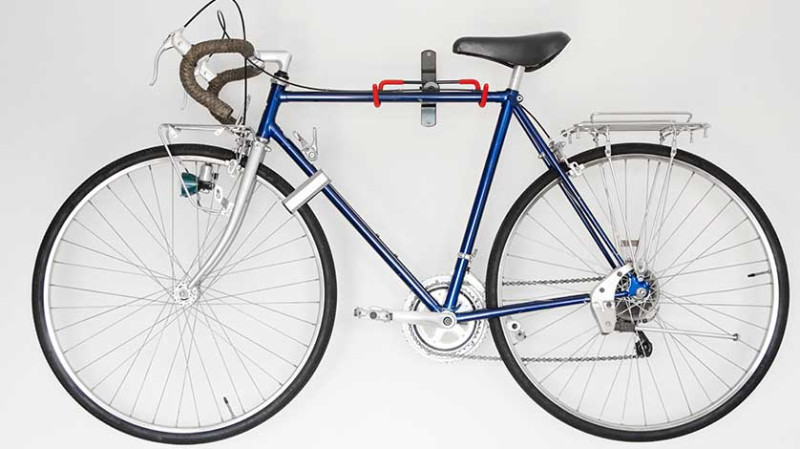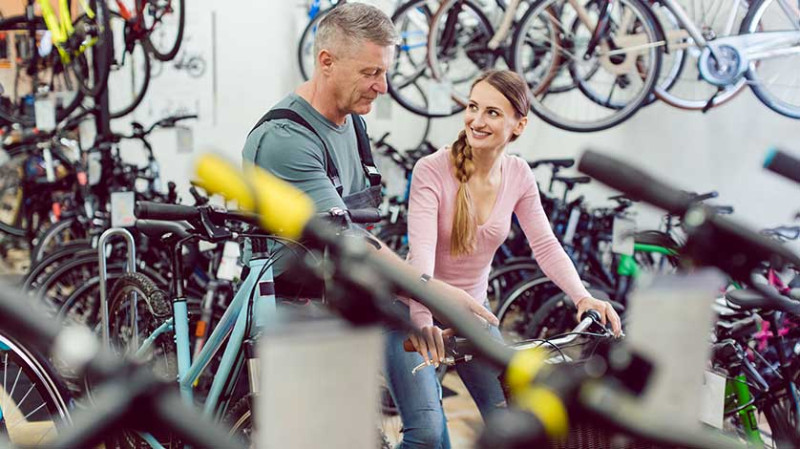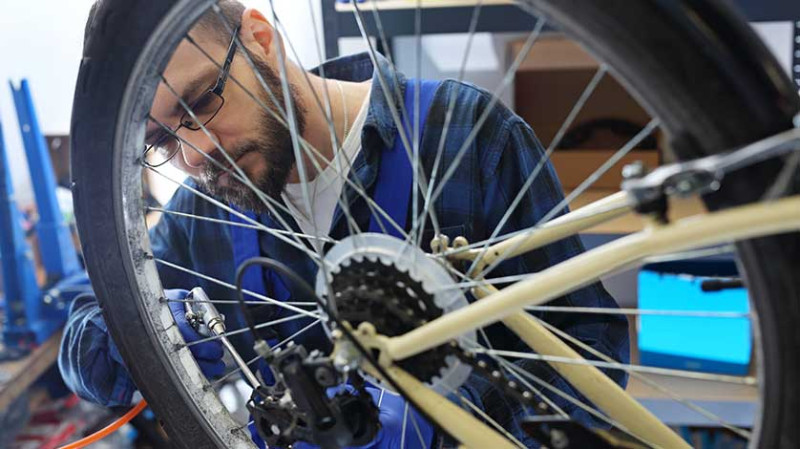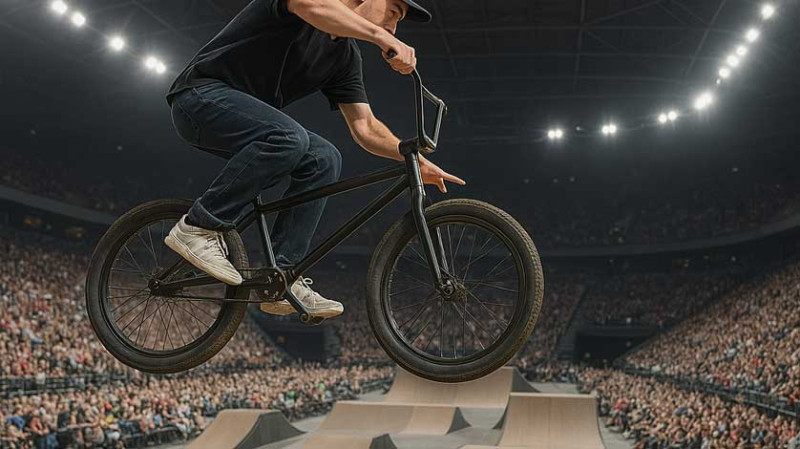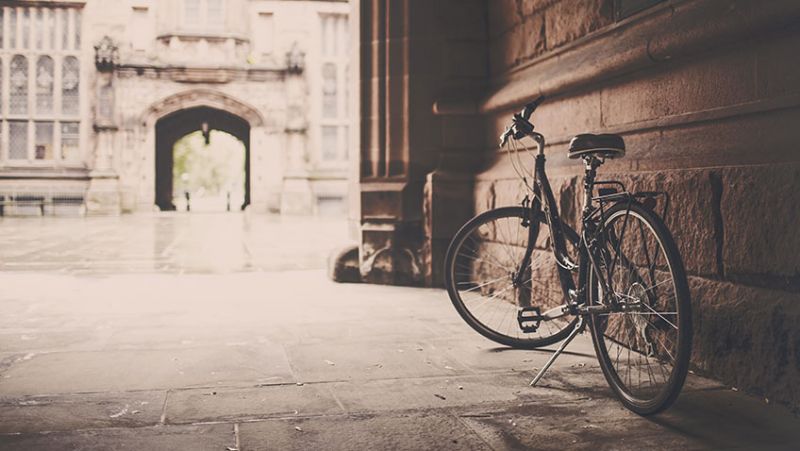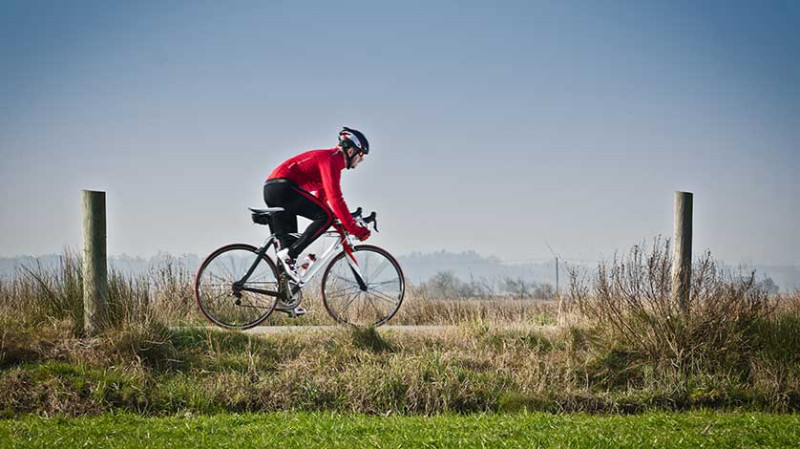
Whether you're commuting to work in London, enjoying weekend rides through the countryside, or tackling intense trails in the Highlands, mastering a few essential bike skills can drastically improve your performance, safety, and enjoyment. Whether you're a DIY enthusiast who loves fine-tuning your bike, a busy young professional seeking active commuting alternatives, or even a professional tradesman needing to navigate urban streets quickly—these core skills are your key to a smoother ride. Let's dive into the five bike skills every cyclist in the UK should know.
1. Proper Braking Techniques
Braking might seem straightforward, but mastering this technique is critical for a safe and efficient ride. Many beginners make the mistake of grabbing both brakes hard during a panic, which can cause flipping over the handlebars or skidding.
Understanding the balance between front and rear braking is essential. The front brake provides about 70% of your stopping power. When stopping quickly, apply pressure to the front brake first, then ease into the rear brake for stability. Be smooth and progressive with your pressure to avoid sudden jerks that could lead to accidents.
Another important aspect is learning to modulate your brakes according to terrain. Wet or muddy conditions — which are frequent in the UK — reduce friction, so lighter braking and increased stopping distances are necessary.
Practice emergency stops in a safe, open area until it feels natural. This builds muscle memory, giving you confidence and keeping you safer during unexpected obstacles, whether it’s a jaywalking pedestrian or a rogue squirrel in the park.
2. Shifting Gears Efficiently
Proper gear shifting is a game-changer, especially when navigating the UK's rolling hills and urban routes. Instead of grinding through gears or struggling up steep slopes, knowing when and how to shift helps conserve your energy while maintaining steady momentum.
Always shift before you hit a hill, not halfway up it. Anticipate terrain changes and adjust accordingly. Practice is key — experiment with different gears on various gradients to learn how your bike responds.
Avoid cross-chaining, where the chain stretches diagonally between large sprockets front and back. This not only wears your drivetrain prematurely but also makes pedalling harder and less efficient. Stay in moderate gear alignments to extend your bike’s life and improve performance.
Remember, smooth shifting comes from easing off the pedal pressure slightly while you change gears. It’s a small trick but enormously beneficial for gear longevity and your riding comfort, especially during those longer weekend rides through the Peak District.
3. Cornering with Confidence
Mastering the art of cornering allows you to maintain speed, ride more fluidly, and stay safe. Whether leaning into winding country lanes or weaving through busy Birmingham streets, proper cornering technique makes a drastic difference.
The first step is to look where you want to go — not where you are. This simple but powerful tip helps align your body and guide your line smoothly around corners. Your bike follows your eyes.
Next, shift your weight slightly towards the outside pedal, keeping it at the 6 o'clock position (down). This lowers your centre of gravity, improving traction and stability. Meanwhile, keep your inside knee slightly bent and unlocked for balance.
Don't brake mid-corner unless absolutely necessary; carry appropriate speed into the turn. This reduces the risk of losing control. As you exit the curve, gradually pedal out and pick up speed.
Finding a safe, empty car park to practice can quickly build your skills. As your confidence grows, you’ll find yourself taking corners like a pro, cutting down your commute times without sacrificing safety.
4. Performing Basic Bike Maintenance
A well-maintained bike is a fast, safe, and enjoyable bike. Every cyclist should know basic DIY maintenance, especially with the unpredictable British weather impacting bike wear and tear. Regular maintenance not only prolongs the life of your bicycle but saves you costly repair visits.
Key tasks every cyclist should master include:
- Checking and topping up tyre pressures
- Cleaning the chain and drivetrain
- Lubricating moving parts
- Fixing punctures
- Adjusting brakes and gear systems
Tyre pressure should be checked weekly and adjusted based on rider weight and terrain preference. Proper tyre pressure helps prevent flats and improves handling.
Regular cleaning, especially after rainy rides, ensures grit doesn’t eat away at your drivetrain. Always lube your chain after cleaning for smooth gear changes and to prevent rusting — critical for those early morning rides through drizzle-heavy city streets.
Keeping basic tools at home — such as tyre levers, a multi-tool, a hand pump, and spare inner tubes — empowers you to make quick fixes and avoid stranded rides.
5. Riding in a Group
Group riding boosts motivation and introduces a strong social element to cycling, but it does come with a certain etiquette and skillset. Whether you're joining a local cycling club in your town or riding with mates on weekends, understanding group riding techniques is essential.
The first rule is predictability: always signal your intentions. Use clear hand signals for turns, slowing down, or pointing out obstacles. Call out hazards such as potholes — a common sight around many UK roads — to alert riders behind you.
Maintain a consistent speed to avoid sudden surges that can cause accidents. Remember: riding too close (half-wheeling) or erratically moving can destabilise the entire group.
Common formations include:
| Formation | Usage |
|---|---|
| Single File | Used in narrow or busy roads for safety and compliance with UK cycling laws. |
| Double Line | On wider, quieter roads; helps protect the group from traffic. |
| Rotating Pace Line | Efficient during long-distance rides, allowing everyone to share wind resistance duties. |
Finally, communication and courtesy are everything. Always thank drivers who give you space and show consideration — positive relationships ensure safer rides for everyone in the UK’s shared transport network.
Conclusion
Whether you're just starting out or have years of experience, mastering these essential bike skills will dramatically enhance your confidence, safety, and enjoyment. UK cyclists need to be versatile, dealing with diverse weather and road conditions, so investing time in developing your cycling skills pays off every time you get in the saddle.
Get ready to transform your daily commute, weekend rides, or adventure trails by mastering braking, gear shifting, cornering, maintenance, and group riding. Your bike isn't just a tool; it's a ticket to freedom, health, and a greener way to explore Britain's beauty. Happy cycling!
